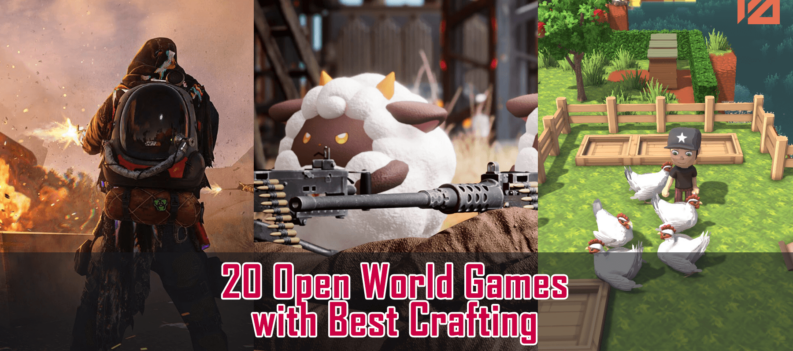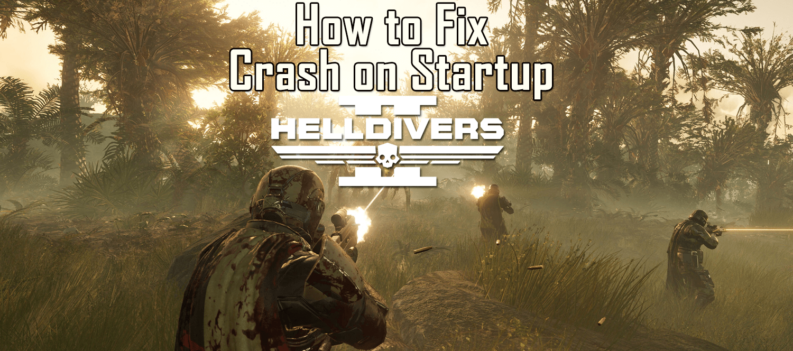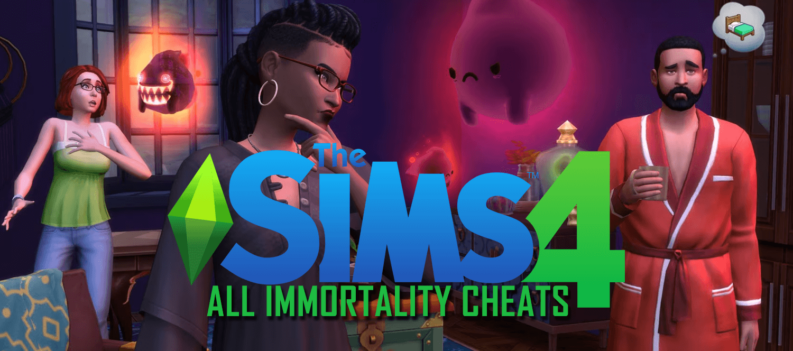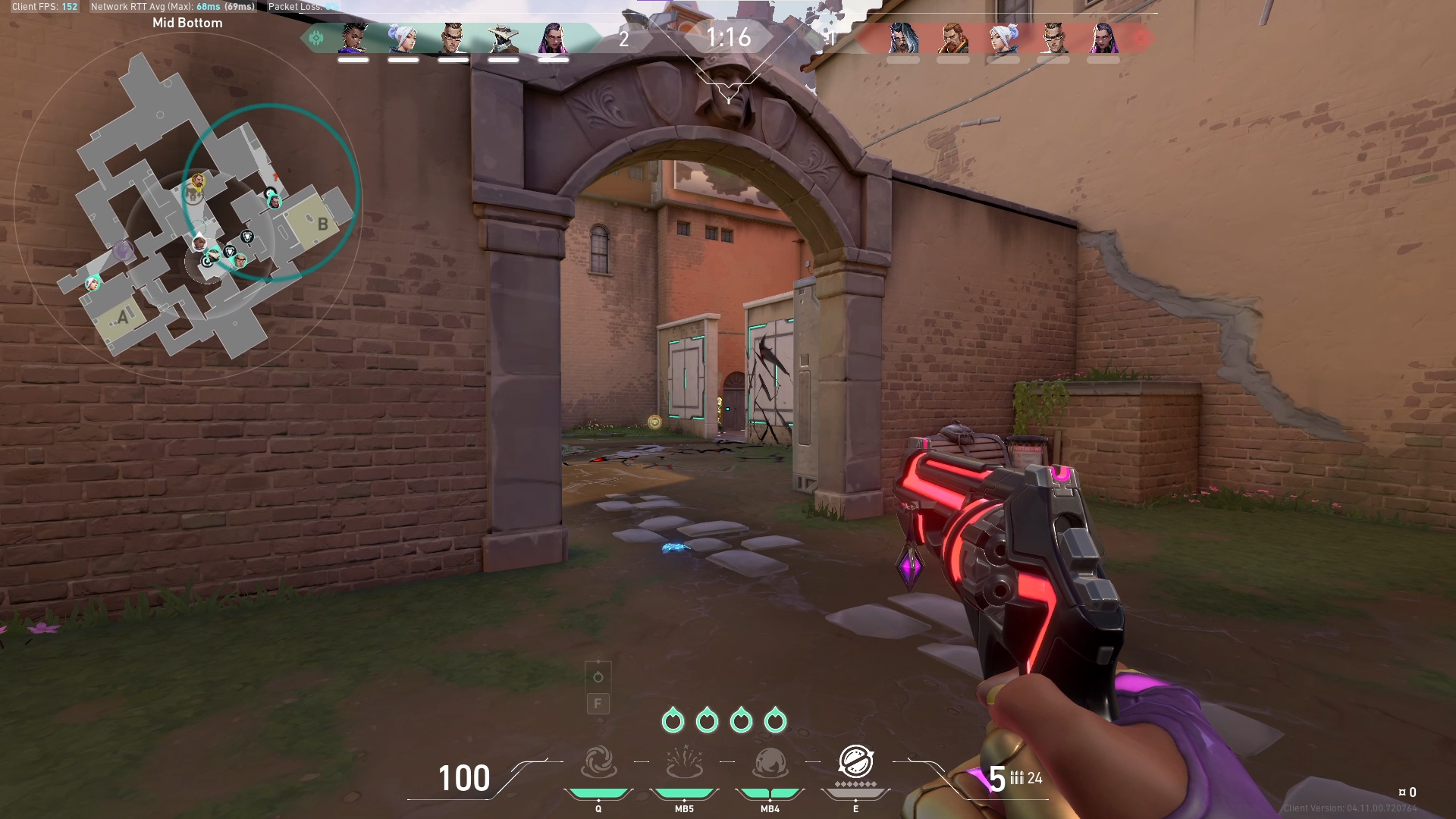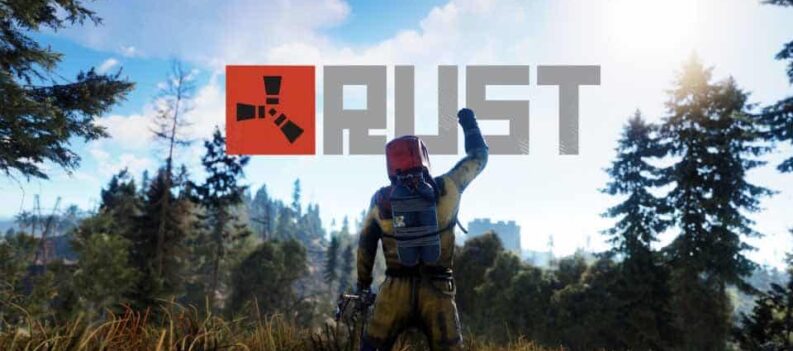I’m a slut for episodic games. Ever since I first played Back to the Future and Sam and Max, both by Telltale, I’ve purchased most five-part titles available. Well, except for Minecraft because I was never interested in that series to begin with, but that’s for another time. Rest assured I’ve been through the ringer for these types of experiences and have enjoyed nearly every one I’ve played. Enter The Council by developer Big Bad Wolf and the promise to truly expand the episodic adventure into a more RPG-like experience. That alone garnered my interest even without the promise of meeting some of late 18th-century’s greatest minds and all in one place. I mean how awesome would it be if THE George Washington was asking you for advice or your opinion? Or the fact that Napoleon Bonaparte is in desperate need of your presence? On both accounts The Council certainly aims for high ambitions and for the most part it largely succeeds. So much so that I actually want to go back and make different choices; not content with that path I’ve blazed for myself in my original two hours of playtime.
The Council places players in the shoes of a Louis de Richet. He’s been invited to a popular island retreat for some of the most famous people in the 1790s. The mansion on said piece of land is run by an even more mysterious Lord Mortimer who doles out exclusive invites to world implicating get-togethers. Louis is there due to an invite explaining that his illustrious mother has gone missing on the island and he needs to help in the search effort. Turns out his mother is the leader of The Golden Order and quite worldly to say the least. It’s worth noting that the quick prologue we see Sarah and Louis de Richet together reminded me a bit of Uncharted and Sherlock Holmes. If that dynamic continues into the rest of the episodes then I am eagerly awaiting more. As our main hero makes his arrival he discovers that nearly a dozen people from all walks of life, all across the globe, have joined together here because of invites as well. I’ve already name dropped a few, but expect to have a nice diversity of characters from an occupation and birthplace perspective.
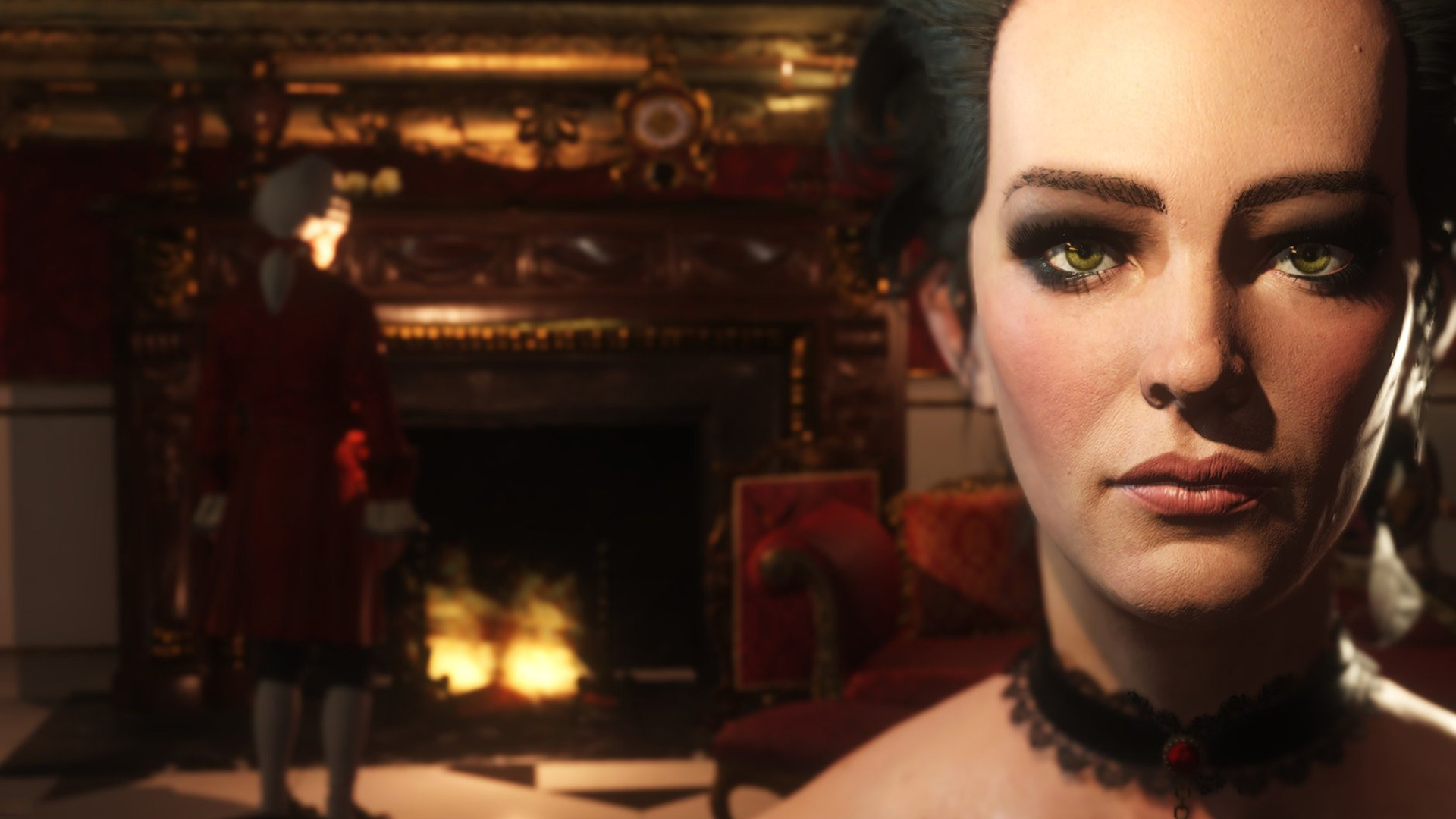
Louis’ goal of finding his mother is no straightforward task and often finds himself in either playing into personal politics, through a variety of means, or being as brash as possible with others. This allows him to gain some much-needed information and buy himself some time to search for clues. This choice-based system in The Council is marvelous. The basic structure is pretty simple as you’ll have a few or many different dialogue trees to choose from in any given encounter. Some of them will be attached to a certain trait or characteristic that you can choose to be apart of by leveling up your abilities. This is predominately done by acquiring points at the end of each chapter and applying them to specific categories that will influence how Louis reacts to situations. More or less leveling yourself up. The higher your skill levels are the more likely your dialogue choices will be successful or even have the ability to select that special response in the first place. The beginning of the game will make you choose if you want to be proficient in diplomacy, detective work, or the occult, but you will have the option of choosing abilities within each sect.

How you decide to cut your own path through the different traits will affect the story and gameplay. There were many times I had failed to recognize or choose something because I didn’t have a trait or it wasn’t leveled high enough. Another scenario was when my effort numbers were spent. Turns out The Council has a six (or higher if find items) piece counter that controls how often you can select skills in conversations. So not only do you have to level yourself up, but you have to choose if certain reactions are worth it. Luckily, there are collectibles and other special items that can be used to increase your capabilities or manipulate a confrontation. For example, I was caught off guard a few times which would increase the cost of certain dialogue choices. There’s an item you can use, mid-gameplay, to negate that burden. Another example would be when my effort selections were low and I used an edible to increase them and allow me to choose a higher costing dialogue. You don’t have to worry about micromanaging how you go about things however. The game gives you ample opportunities to explore relatively small areas to pick up said items and give you an advantage over everyone.

The nice RPG progression also takes into account the different personalities in the characters around you and their own motivations for being at Lord Mortimer’s island. Each character will have vulnerabilities and immunity to a certain course of action. So if someone is immune to the likes of psychology, best not to select a marked piece in that field. Even if you specialize in it. Again you don’t need to worry about guarding your words too closely. During some cutscenes the game will temporarily freeze time and give you a chance to investigate different things about different people. This can lead to discoveries about each character and how they react to different circumstances. Then you can view their profile in the menus even in mid-conversation to show them who has the sharpest tongue. Overall, the gameplay was incredible with the diverging choices, level-up selections, and how it all pertains to everyone around you. Because of it I actually looked forward to exploring and discovering unique traits about people that would be used against them later.
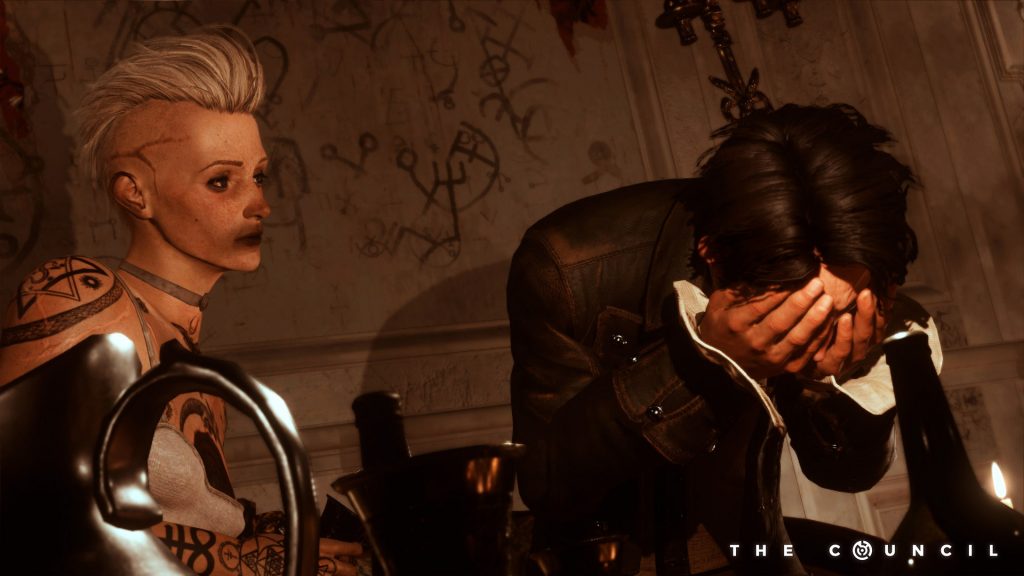
The Council’s graphics are some of the best you’ll see in an episodic game. Most of the time anyway. There’s a lot of detail present to the player in environments, clothes, skin tone, and even wrinkle lines. It’s just that some of the character’s eyes may look dead at times if not viewed up close and rarely some would move in a wooden fashion. The same can be said for the voice actors. They all deliver believable, well-crafted dialogue except the few occasions one of them retorts in a different tone to a situation. The last bit about the technical side of things I feel to mention is the HUD. Despite the choice-based systems being more complicated than most in the genre, all the menus and dialogue trees were easy to understand and select from. Even if I was being rushed I didn’t find it hard to pay attention to every little detail.
I mentioned this before but it bears repeating in more detail. I felt like my choices actually mattered in this game (unlike the majority of Telltalle titles that end up the same most of the time) and my intuition was right. When I went through again for another playthrough there were a handful of situations that changed things drastically and not just in terms of one or another. There were quite a few divergent paths from one or two decisions that opened up completely different endings. It took me by surprise too because the first ending I got could have easily been the very same based on my redone choices. I do have to give Big Bad Wolf props for that.
The Council: Episode 1 PS4 Review
-
Overall - Must Buy - 9.0/109/10
Summary
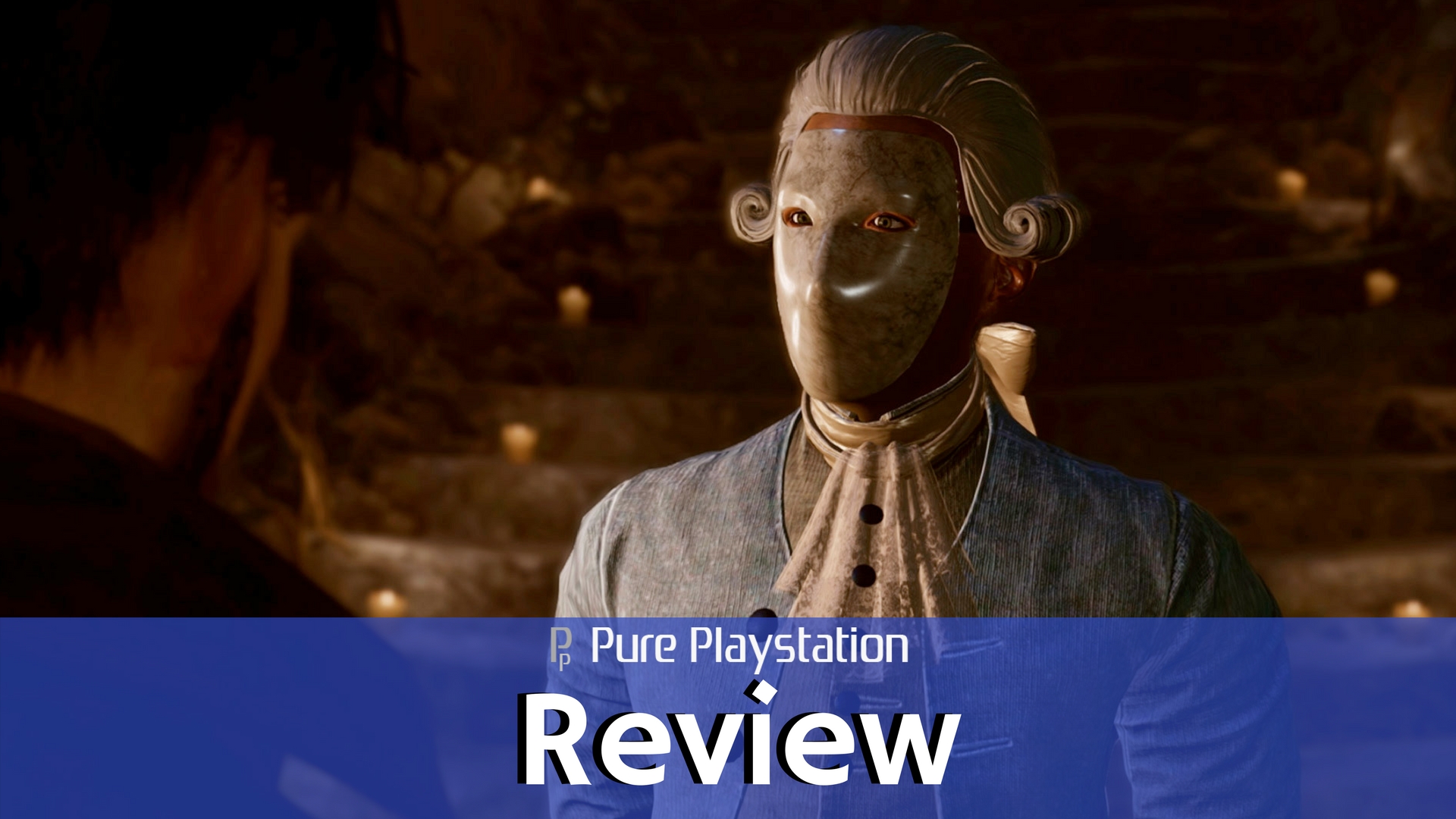
The Council offers gamers a tension filled journey purely fueled by character interactions and mysterious circumstances. Best of all is the evolved gameplay mechanics from what we’re used to for an episodic endeavor. I truly felt that I had control of every situation from an ability standpoint and a cleverness one. Wrap up an amazing RPG progression mechanic into a great looking voyage on a mysterious island and you have an incredible start to a game. The seeds of a secret society’s leader gone missing have been expertly laid and I can’t wait until Episode 2 comes about. Here’s hoping this first one isn’t the end of where the title shines.
Review Disclaimer: This review was carried out using a digital copy of the game provided by the publisher. For more information, please read our Review Policy.
Reviewed using base PS4.



